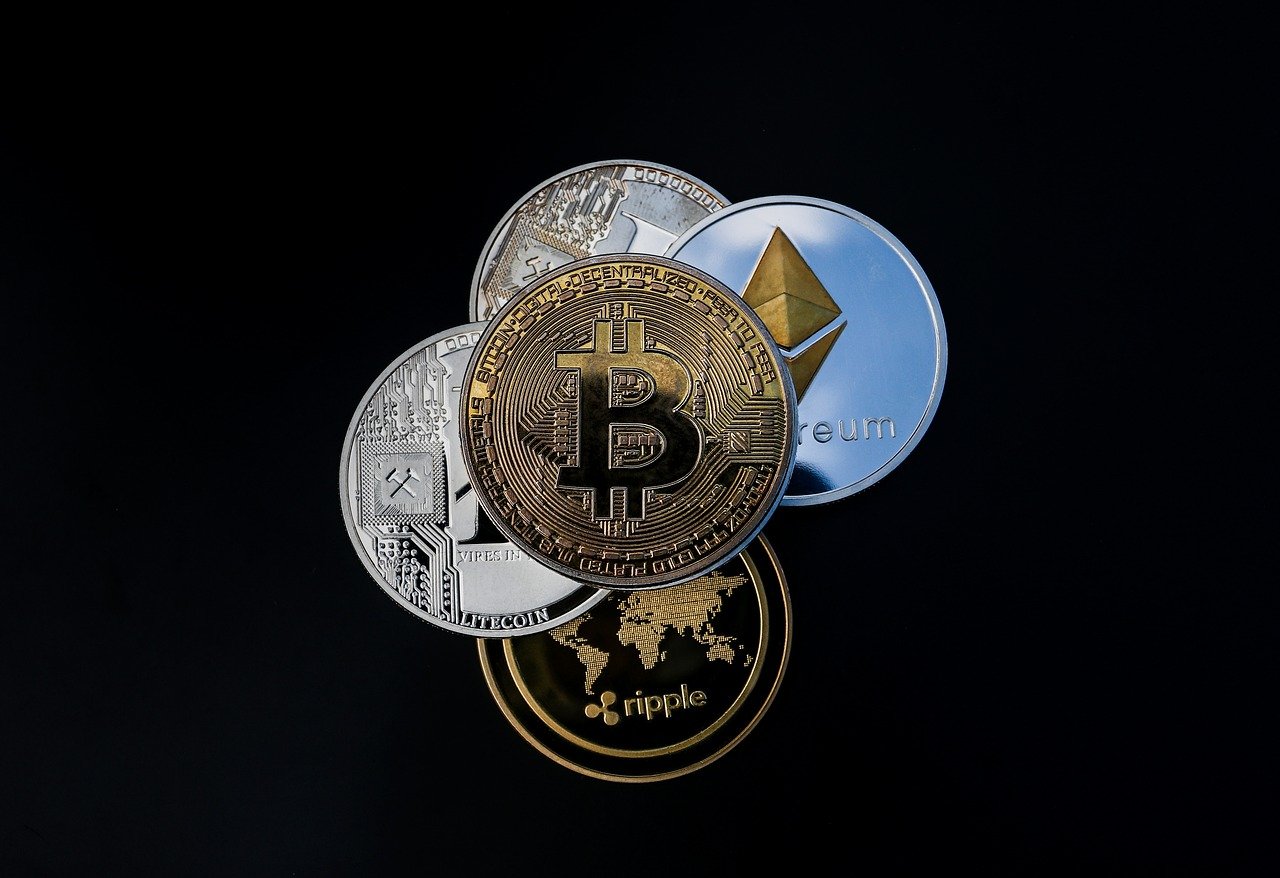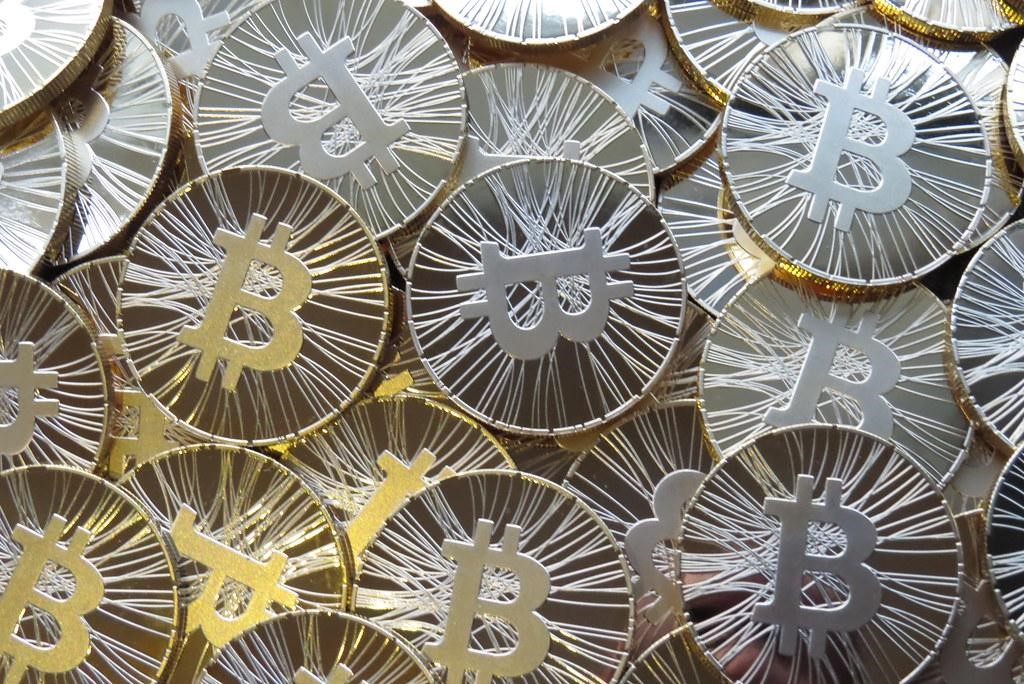Last Updated on: 22nd November 2023, 05:28 am
It was way back on March 12th that the World Health Organisation (WHO) described the Covid-19 outbreak as a global pandemic, at which points the world’s financial markets went into freefall.
More specifically, entities such as the Dow Jones scaled the record lows during the first two weeks of March, while historians were sent scurrying for data from more than 100 years ago to find a reference point for such a violent stock market correction.
At this time, many economists predicted a number of potential scenarios, with many suggesting that the worst-case scenario of a deep global recession and a so-called ‘L’ shaped recovery may well be the most likely.
In this post, we’ll take a closer look at how the pandemic has actually impacted on the world’s markets and the foreign exchange in particular, while asking whether or not things are likely to get worse in the longer-term?
How has the Forex Market Coped with the Fall-out from Convid-19?
So far, it appears as though the forex market has seen the best-case scenario in terms of its initial recovery from the pandemic, after witnessing a global technical recession and sustained disruption throughout Q2 before seeing the green shoots of recovery in some regions during the third quarter.
Of course, this period has been difficult for markets and economies as a whole, with currency valuations having also been impacted negatively by the various quantitative easing measures implemented by governments across the globe.
These have driven base interest rates down towards zero in most instances, with the UK having capped its own base rate of 0.1%. As a result, this reduces capital inflows from overseas and undermines the value of currencies globally, while simultaneously increasing the risk of soaring inflation.
China and Australian currencies were amongst the first and hardest-hit assets in the marketplace, with subsequent losses exacerbated by the relationship between these two economies.
As the virus has taken hold globally, however, similarly major currencies such as the Euro, the GBP and the USD have depreciated in value and continued to trade in relatively narrow ranges.
What’s Next for the Forex Market?
While the level of demand for currencies has remained lower overall, it’s important to note that this fluctuates from one country to another.
This is an important consideration, as it creates a scenario where some currencies remain relatively strong in relation to others.
For example, the greenback has maintained relative strength despite the rising number of Covid-19 cases in multiple states, creating a scenario where the GBP/USD is forecast to slide from its supported level of 1.30 in the near-term.
This also supports one of the main advantages of currency trading, as vehicles such as spread betting and CFD trading enable you to merely speculate on the price movements of a chosen asset rather than assuming ownership of the underlying instrument.
In the case of CFD trading, this also simplifies the process and enables investors to focus solely on trends and price movements within a predetermined period of time, creating the potential for greater profits in the process.
Ultimately, the medium and long-term future of the forex market remains uncertain for now, particularly with the threat of the coronavirus still prominent and local lockdowns being implemented across the globe.
The regional nature of lockdowns and second spikes will continue to create short-term opportunities for traders, however, who can speculate on forecasted price shifts and hedge against depreciating assets.









